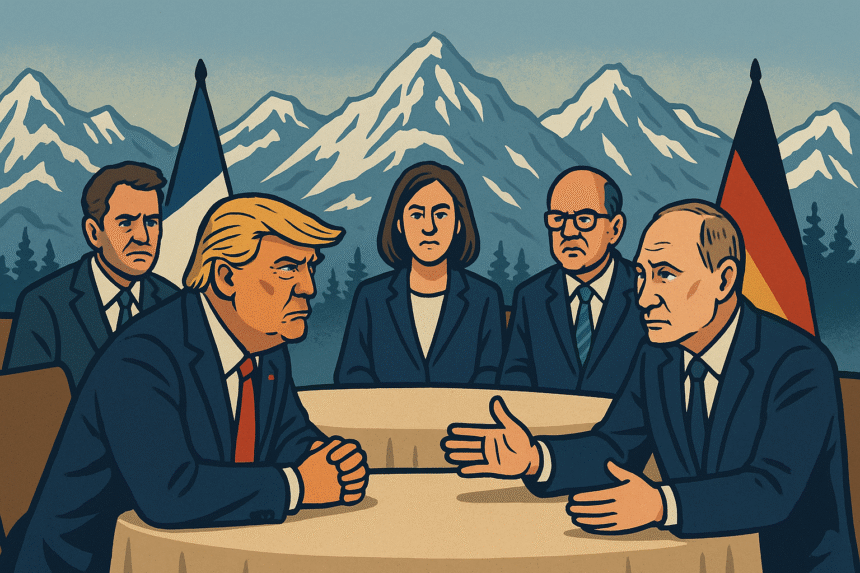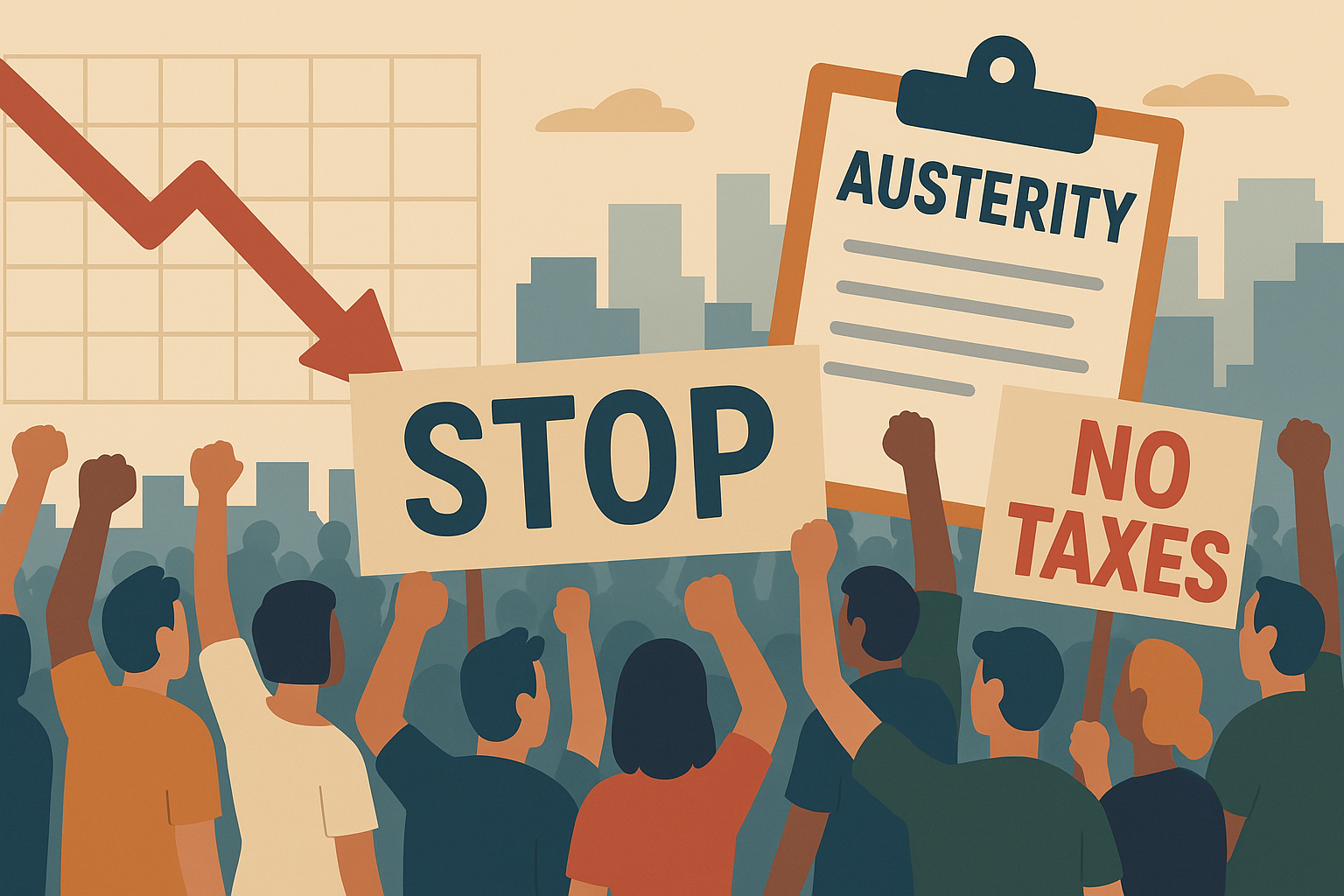European leaders are urging the United States to intensify sanctions on Moscow in the run-up to a high-stakes meeting between President Donald Trump and Russian President Vladimir Putin in Alaska this Friday — talks that could shape the outcome of the war in Ukraine and Europe’s long-term security.
At a summit on Saturday hosted by UK Foreign Minister David Lammy, attended by U.S. Vice-President JD Vance and senior European and Ukrainian advisers, officials stressed that stronger economic pressure was essential to bring Moscow to the negotiating table.
“Putin only acts under pressure,” said German Chancellor Friedrich Merz on Sunday, arguing that existing military pressure was insufficient and that U.S. sanctions had yet to be fully deployed. Merz said he would press Trump directly ahead of the Alaska meeting, insisting the talks must produce “tangible results” — either through increased pressure on Russia or convincing Moscow the war cannot continue.
European officials have also proposed that any future ceasefire agreement be backed by strict enforcement measures, including severe sanctions for violations, to prevent Russia from securing economic benefits and then resuming hostilities.
Ukraine’s President Volodymyr Zelenskyy reinforced the message in his Sunday evening address, condemning ongoing Russian airstrikes on Zaporizhzhia and stating, “If Russia does not want to stop the war, then its economy must be stopped.”
The EU is considering leveraging frozen Russian sovereign assets, worth around €190 billion and held by Belgian clearing house Euroclear, to support Ukraine financially. Proposals include borrowing against these funds and lending the proceeds to Kyiv, with future discussions possible on outright seizure if Moscow fails to compensate Ukraine for war damage.
Vice-President Vance described the Alaska summit as a “major breakthrough for American diplomacy” aimed at securing a negotiated settlement, while cautioning that both sides were likely to be dissatisfied with the outcome. He also told European allies that Washington would no longer match past levels of financial support for Ukraine, urging them to “play a more direct and more substantial role” in funding the war.
European capitals are pressing for Zelenskyy to attend the meeting and are demanding robust security guarantees for Ukraine as part of any settlement. An EU official stressed that the “most robust” guarantee would be ensuring there are “no limitations on Ukraine’s armed forces and third-country support.” NATO Secretary-General Mark Rutte echoed this, warning against any restrictions on Ukraine’s military or NATO’s presence on the eastern flank.
Europeans have also pushed back against Trump’s recent suggestion of territorial exchanges, warning that such concessions would reward aggression. They insist that the current front line should be the starting point for ceasefire talks.
Kyiv and European officials fear that Trump may pressure Zelenskyy into accepting an unfavorable deal, noting that since returning to office in February, the U.S. president has twice suspended arms shipments and once halted intelligence sharing to press Kyiv toward ending the conflict.
“We cannot accept that Russia continues to threaten the entire European security system,” Merz said. “There can be no peace that rewards Russian aggression and possibly encourages further action.”








